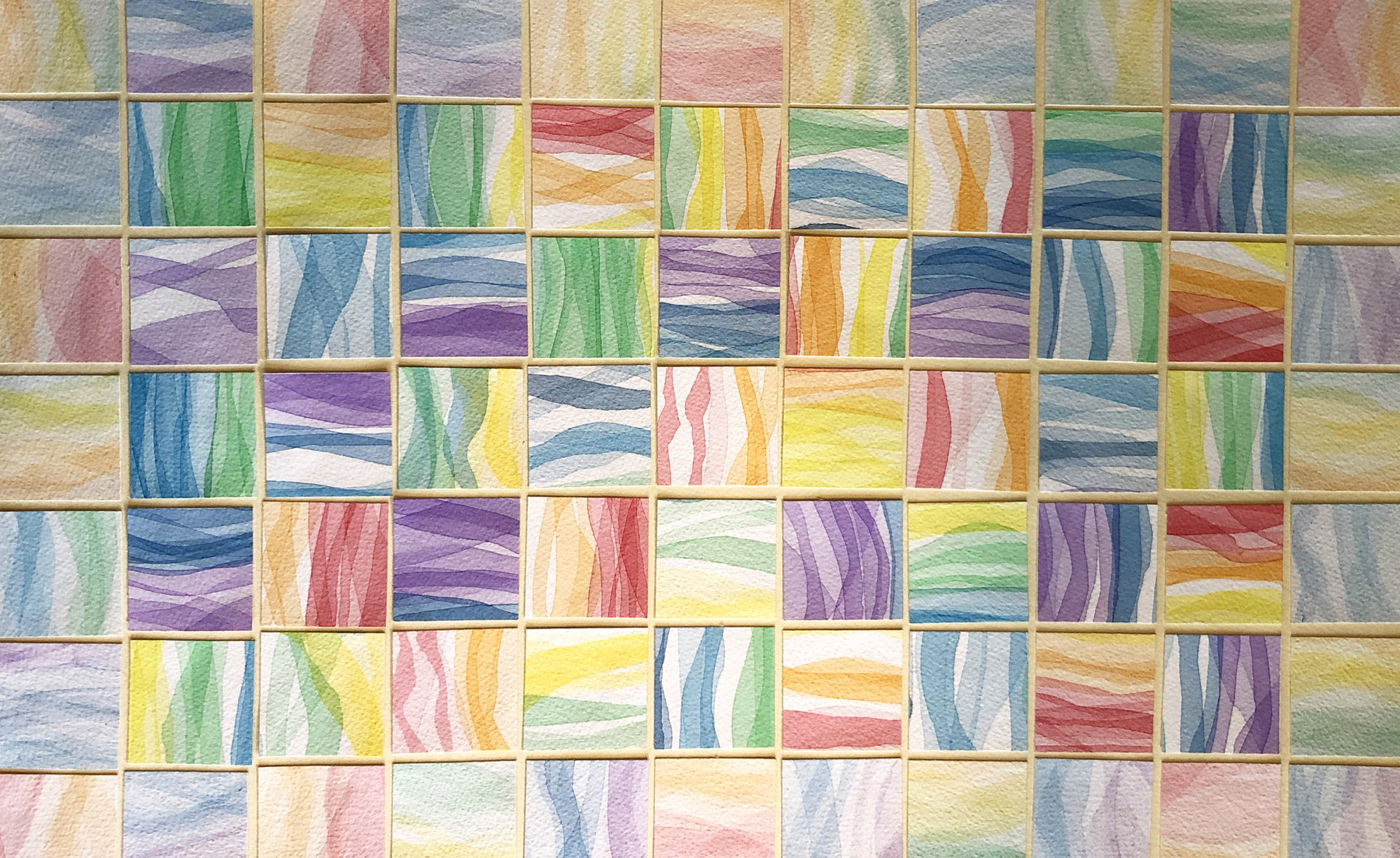From the Scripps National Spelling Bee website:
The word “bee”, as used in “spelling bee”, is one of those language puzzles that has never been satisfactorily accounted for. A fairly old and widely-used word, it refers to a community social gathering at which friends and neighbors join together in a single activity (sewing, quilting, barn raising, etc.) usually to help one person or family. The earliest known example in print is a “spinning bee”, in 1769. Other early occurrences are “husking bee” (1816), “apple bee” (1827), and “logging bee” (1836). “Spelling bee” is apparently an American term. It first appeared in print in 1875, but it seems certain that the word was used orally for several years before that. Those who used the word, including most early students of language, assumed that it was the same word as referred to the insect. They thought that this particular meaning had probably been inspired by the obvious similarity between these human gatherings and the industrious, social nature of a beehive. But in recent years scholars have rejected this explanation, suggesting instead that this “bee” is a completely different word. One possibility is that it comes from the Middle English word “bene”, which means ”prayer” or “favor” (and is related to the more familiar word “boon”). In England, a dialect form of this word, “been” or “bean”, referred to “voluntary help given by neighbors toward the accomplishment of a particular task.”
***
To paraphrase: “a community social gathering at which (classmates) join together in a single activity … usually to help (other classmates)”.
Let me tell you how it really went down.
I am seeing myself in the 4th grade, though this “community social gathering” happened in other grades as well. The class would be divided in half, or else by girls vs. boys, and lined up to stand on opposite sides of the classroom to form two walls of competitors. The teacher would hurl a word at each of us, toggling between one line of kids and the other. If we spelled the word correctly, we stayed in our line. The teacher would go on to the kid next to us in our line. Our teammight have gotten an advantage, but individually, we were left to await our fate because, soon enough, the teacher would come round to us again. If we booted our word, took too long or tried to help another kid, we had to return to our desks to sit in shame, humiliation or feigned indifference. And the teacher would call on the next kid in the other line, on the other team, so to speak. Like losing possession of the ball. This whole nerve-wracking exercise took a while because there were generally 40 or so kids in a class. But the lines would eventually dwindle down to two kids facing each other. The final duel might also last for a while, because these kids were the really good spellers. At the end of it all, there would be one winner, who never really won anything except temporary relief from the continuing anxiety of having to perform and be perfect.
What was the point of this miserable demonstration of superiority?
Oh, by the way, I was almost always in that final duel.
***
From The Academy of Accelerated Learning website:
A spelling bee is a competition in which contestants are asked to spell a broad selection of words, usually with a varying degree of difficulty.Spelling bees help to promote literacy by providing children with a positive goal to work toward, and gives them a forum to display the fruits of their hard work. But they also do much more: In addition to improving spelling, the bees also aid children in learning concepts, improving comprehension and developing study skills.The benefits of spelling bees extend beyond language: Since children are required to spell words while on stage, kids also develop self-confidence, communication and public speaking skills, and the ability to thrive under pressure.The lessons learned by participating in a spelling bee can therefore last a lifetime, and can benefit even those who don’t outlast all competitors. That will surely spell success for their futures.
***
You have got to be kidding. Though it’s true that “lessons learned by participating in a spelling bee can … last a lifetime”.

